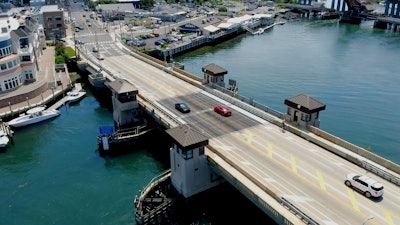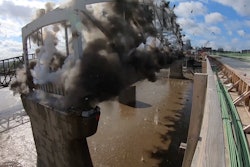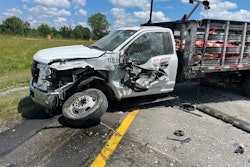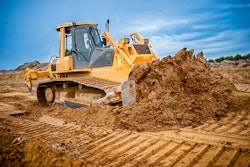
Gas taxes rose and a new electric-vehicle fee took effect this week in New Jersey to pay for roads, bridges and other transportation infrastructure.
Governor Phil Murphy signed legislation earlier this year to renew the Transportation Trust Fund for five more years. The fund was established in 1984 and has since been reauthorized seven times.
Murphy said the legislation will enable the state "to rebuild and maintain our entire transportation system, while creating thousands of good-paying jobs in the years to come and easing the burden of property taxes by offsetting these costs for local governments.”
The new law annually adjusts the Petroleum Products Gross Receipts Tax rate by updating the statutorily prescribed revenue target, currently based on 2016 highway fuel tax collections. This will equate to an increase of almost 2 cents per gallon, per year in gas prices.
The bill also authorized another form of funding the transportation fund: new fees, on top of already existing ones, for registering electric vehicles. These new fees start at $250 and are set to increase $10 per year until reaching $290 in 2028.
Other items enacted under the new law include:
- Authorizing roughly $10.37 billion in appropriations for the State’s Annual Transportation Capital Program from FY 2025 through FY 2029.
- Providing up to $8.84 billion in bonding authority to the fund over the next 5 years.
- Providing roughly $1.5 billion in pay-as-you-go funding for transportation projects.
- Growing the $2 billion maximum annual capital program amount by 3% per year in years three, four, and five of the reauthorization.
A May 2024 report from National Transportation Research Nonprofit found that:
- 22% of New Jersey’s major roads are in poor or mediocre condition.
- 6% of New Jersey’s bridges are rated in poor/structurally deficient condition and 55% are at least 50 years old
- Since 2000, vehicle travel on New Jersey’s roads has increased 17%.










